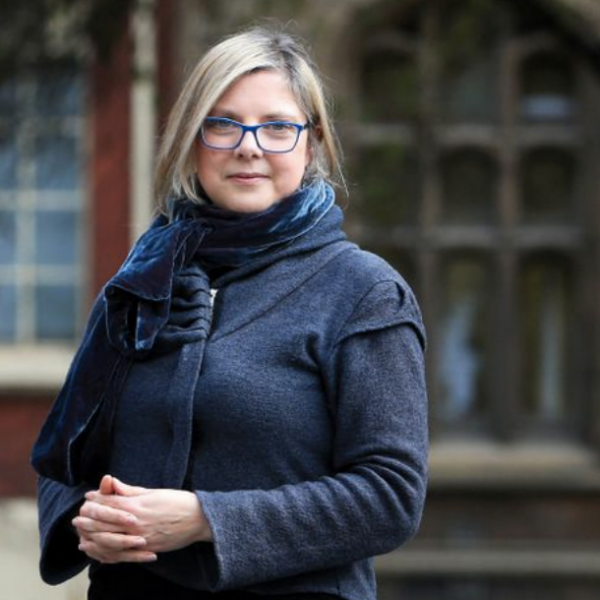
Each Wednesday we interview women in our community about innovation and what drives them to make a difference in their industries everyday!
What are you working on?
We would like to see more PhD graduates transition out of academia into industry. The PhD has an image problem with employers – 80% who put up a job ad that would be a good fit for a PhD graduate does not say ‘PhD’ – which means most of the job market for PhD graduates is hidden. We used machine learning and natural language processing to design an algorithm that can ‘read’ job advertisements and identify the ones asking for lots of researcher skills. We are currently building this into a job searching platform especially for PhD students and graduates. Our product ‘PostAc’ is currently in a closed user trial. We will be working on version two as a public beta in early 2019. Our vision is that our platform will be free for PhD graduates – our current challenge is to find some way to keep the lights on.
Why is innovation important to you?
The PhD was designed to train academics, but now 60% of PhD graduates leave academia when they finish, for a variety of reasons, including a lack of job certainty in universities. We think this trend is a good thing. Industry is facing challenges with automation and big data and the public sector needs them to help solve complex social and environmental problems. Generally it’s a good thing if smart people are working on difficult problems, inside and outside of the academy. If we can help PhD graduates and employers find each other more easily everyone wins!
What drives you to make a difference?
I’ve worked with PhD students for 13 years, the last 8 of which I have been blogging on The Thesis Whisperer. I have around 100,000 followers to my social media presences. All day I am engaged in conversations with people involved with the PhD process in some way and I am highly motivated by the key challenge of employability. PhD students and graduates are poorly understood, especially in Australia. I just want to make sure the personal cost and hardship they endure to get a PhD is rewarded in some way – and that we don’t waste the talent of these people, because they are really amazing.
Do you have any advice for getting more women into the innovation ecosystem?
I don’t self identify with being an ‘entrepreneur’, perhaps because the models I have are all ‘silicon valley bros’. I’ve learned that this space is actually quite diverse, especially in Canberra. The people I’ve met are very welcoming and everyone is in a learning process and happy to share. Some women (certainly not all) are put off by overtly combative spaces, so if this is a fear, put it aside. The atmosphere is often much more collaborative than competitive because everyone is, to a large extent, running their own race. And don’t be put off if you think you don’t know enough about ‘commercialisation’: certainly do programs like OnPrime which can walk you through the process. I’ve surprised myself with how interesting I find the commercialisation process and how much my research skills translate. It also gives me a chance to work in a team, which I love and which is not often available in academia.



